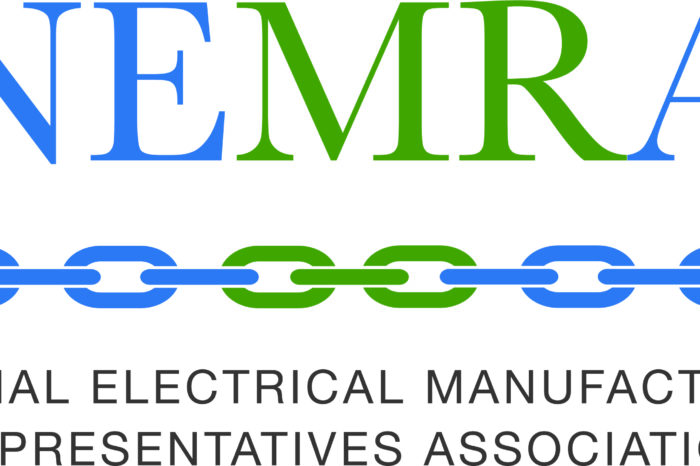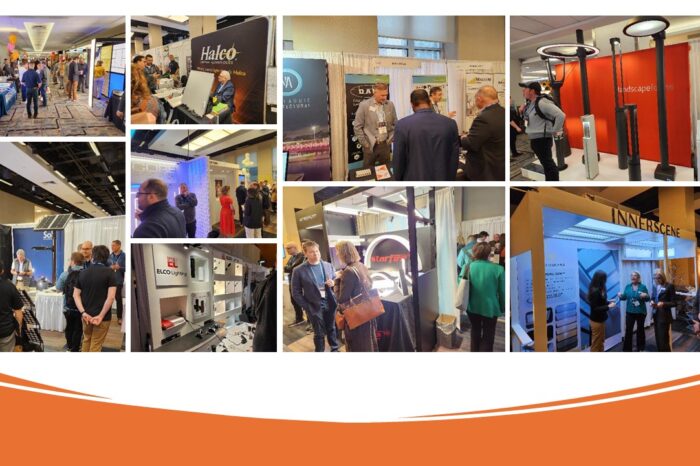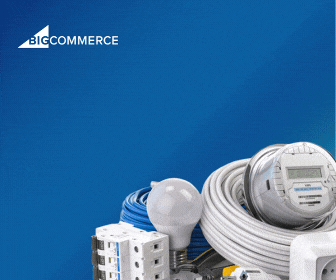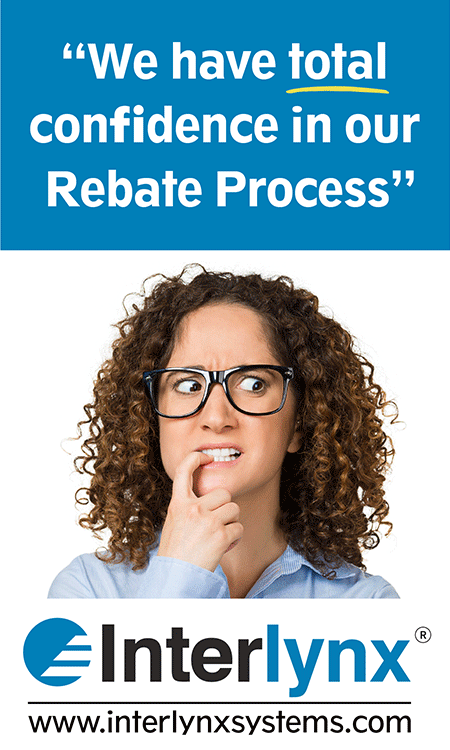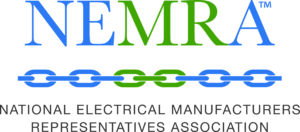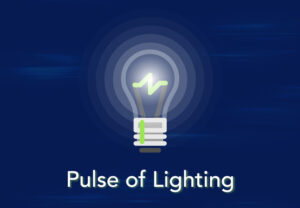TCP Skirts UL?
 This week on Bill Attardi’s Energy Watch News blog there was a brief story on a lawsuit filed against TCP. The posting mentioned corporate misconduct and that the stock dropped 50+% on the previous Friday. A little digging revealed this article from Crain’s Cleveland Business which highlighted the misconduct but further made mention that the CEO “allegedly ordered the company to produce 40,000 LED lamps labeled with the “UL” mark even though they had not been approved by the product testing company. The lamps eventually failed UL tests, the lawsuit states.” And another article today that mentioned a shareholder lawsuit and further highlighted “that “TCP’s ‘Chinese affiliate and manufacturing facility’ produced more than 900,000 units of another LED product that bore the UL symbol, even though they ‘did not match the design for the product as submitted to UL.’”
This week on Bill Attardi’s Energy Watch News blog there was a brief story on a lawsuit filed against TCP. The posting mentioned corporate misconduct and that the stock dropped 50+% on the previous Friday. A little digging revealed this article from Crain’s Cleveland Business which highlighted the misconduct but further made mention that the CEO “allegedly ordered the company to produce 40,000 LED lamps labeled with the “UL” mark even though they had not been approved by the product testing company. The lamps eventually failed UL tests, the lawsuit states.” And another article today that mentioned a shareholder lawsuit and further highlighted “that “TCP’s ‘Chinese affiliate and manufacturing facility’ produced more than 900,000 units of another LED product that bore the UL symbol, even though they ‘did not match the design for the product as submitted to UL.’”
And, as an FYI, TCP did an IPO within the past year but the company, is 70% owned by the CEO’s family. TCP, prior to being re-domiciled for IPO purposes, was a Chinese company and was best known for CFLs (and manufactured for Philips and others).
Now, needless to say, we don’t know if personal misconduct occurred or did not occur, but this incident generated some questions regarding UL certification. It is not unusual for manufacturer new product launches to be delayed due to UL delays or rejections, which can be costly, but, unless there is a whistleblower, would anyone know?
Here’s some things to consider:
- If TCP may be producing products before UL approval / testing, could others (especially foreign manufacturers where standards may be more “relaxed”?
- Is manufacturers having their own certified facilities good?
- Are manufacturers frustrated with UL costs and turnaround times that they are seeking alternatives … One of which is ignoring?
- In considering what lines to approve or new products to promote, are distributors, and their customers, concerned about UL approval? Do they check? Promote UL certified / approved to their customers? Do contractors care about UL? (and when we mention UL, this also includes others like InterTek and CSA).
- And if someone bypasses UL / approved certification organization approvals, is this somewhat analogous to counterfeit products as one doesn’t know if they’ll perform as advertised?
- Since NEMA gets involved in some product standards, should it be more involved in some of these products? And with TCP being involved in lighting, what, if any role, should Energy Star be involved (since so many lighting projects are Energy Star rated
- As a distributor, whether you knowingly or unknowingly resell product that essentially is fraudulent, you can still be viewed as liable, hence being pulled into legal proceedings
In talking with a distributor, “All the “major” U.S. based suppliers talk poorly about their competitors that import, yet they all seem to get their product from the same, or very similar sources. We used to look at catalog pages to see if the UL label was on everything, now you sort of trust the suppliers that they have UL. I’m not sure the last time a discussion even came up, “is it UL listed”. With sufficient liability insurance coverage, does UL even matter if a product fails.”
So, what are your thoughts on the value of UL? Should you, as a distributor, be doing “more / better” due diligence? Is there a need for more of a paper / documentation trail? Or, as a distributor, does the issue become more nuanced based upon whether product is imported, your perception of the trustworthiness of the supplier or other criteria?
And for the record …in our opinion, independent testing, certification, listing, approvals (whatever you’d like to call it) is important, especially in the electrical industry where lives can be at stake.
Just some food for thought. Your thoughts?



